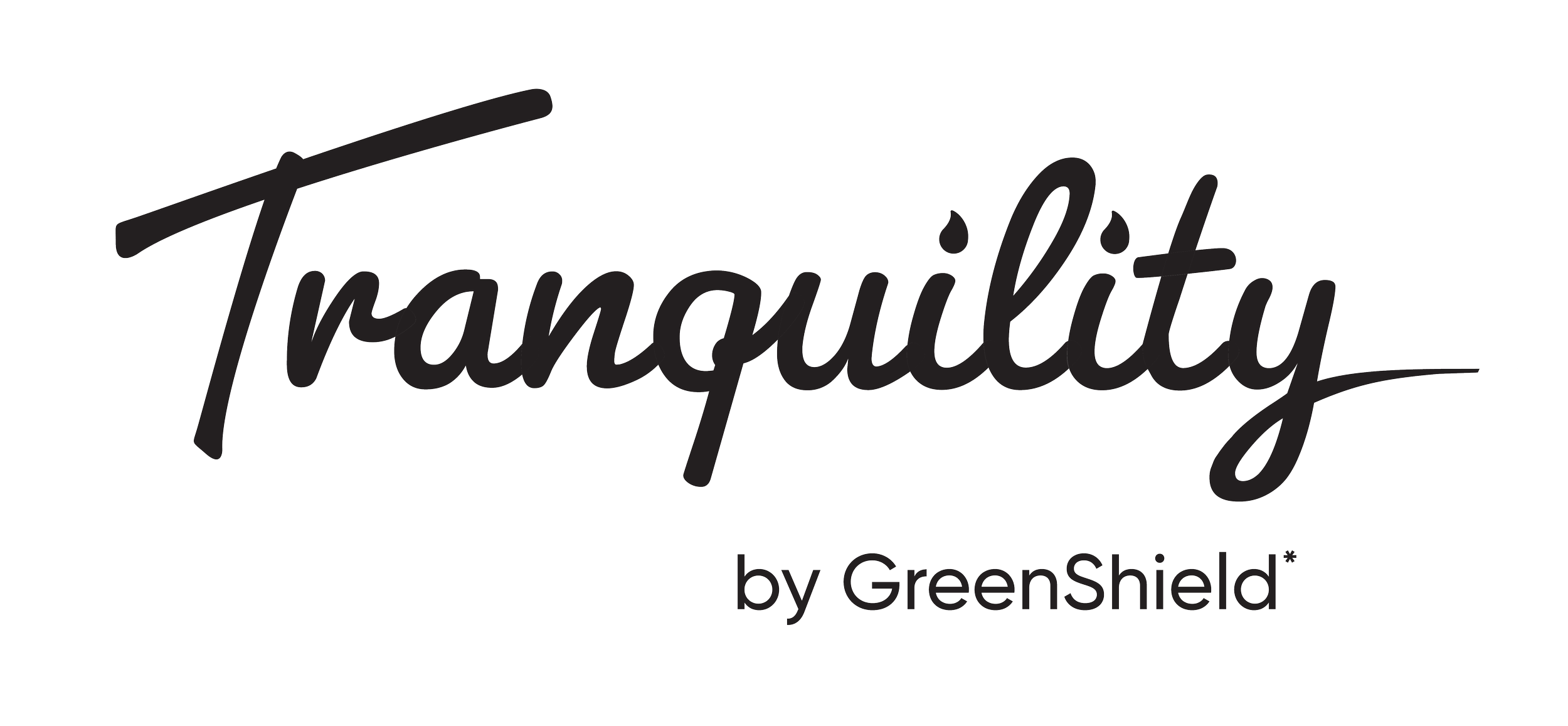Is Anxiety/Stress Affecting Your Productivity?
Did you know that anxiety leads to an average of 5.5 work days of reduced productivity per month?
Yeah… that’s a lot of wasted time...
But… how?
What is anxiety?
Before talking about how anxiety affects your productivity, let’s discuss what anxiety really is.
Many of us often confuse the words: stress and anxiety.
When we talk about stress, we are talking about the external factors that are causing our anxiety. For example, having to pitch for investment is often a very stressful experience for startup founders - public speaking is one of the most common fears people struggle with - adding the pressure of fundraising to the experience leads to a highly stressful event.
When we talk about anxiety, we are talking about a physical response. Anxiety is our natural fear response that occurs when we are confronted with danger. In the investment pitch example above, the perceived danger may be the fear of embarrassing oneself or the fear of “blowing it”.
You’re internal dialogue is like...
Now, some anxiety is normal and often even helpful. Perhaps your fear of “blowing it” motivated you to spend some extra time preparing or helped you get into the zone when it was time to pitch.
But, prolonged periods of stress can often turn into more persistent periods of anxiety. Having an anxiety disorder is like having an overactive alarm system that responds to danger more often than it needs to – similar to having a security alarm that goes off every time you walk around your house, or a guard dog that barks at every person, friend and foe alike!
In each of those examples, we’re talking about a safety precaution that becomes less helpful because it’s over-sensitive and does not discriminate between true danger and false danger.
As one of Tranquility Online’s Pilot Study users shared:
“I have anxiety about having anxiety and that gives me anxiety.”
And we’re like…
How anxiety affects your productivity...
But whether you have an anxiety disorder or not, stress can still wreak havoc on your productivity if you don’t have healthy coping mechanisms.
Because of its persistence, anxiety often causes disturbances in sleep and appetite, leaving us feeling exhausted.
Exhaustion often leads to lack of focus and an inability to concentrate for long periods of time, which can severely affect our productivity and creativity.
Here are five ways that anxiety may be creeping into your productivity.
Work Productivity
It feels like everything is outside of your control
If you are a worrier, you may often find yourself being bombarded by thoughts about future events. When it comes to worrying, the need to control the situation or find certainty often feels paramount.
For example, when it comes to running a startup, certainty, just like money, is often in short supply. Unfortunately, there are just too many factors at play to have control or be certain about everything that is going on in our companies.
As certainty becomes elusive, an anxious mind will try and run through all the possibilities in order to be prepared for every potential scenario. As you can imagine, this eventually becomes exhausting and really affects your ability to properly concentrate and be attentive to your work, as the “what if” thought patterns hijack your mind.
Avoidance and procrastination
Often, if we are anxious, some tasks can seem too large, or difficult to handle, which leads us to putting those tasks off to a future date. Sometimes this leads to procrastination, which is when we distract ourselves with other things, often not productive. Alternatively, we may decide to tackle easier, less important tasks, to make us feel like we’re being productive. Either way, what we are left with is a high priority task left to be taken care of, but now with less available time to accomplish it.
Task-switching
Having a racing mind often means that our mind is jumping from one thought to the next. If we have several tasks to complete, we may become worried that we don’t have enough time to complete them. When this happens, our anxiety may convince us to jump from one task to the next, without making much traction on any of them. Failing to pay attention to one task will slow you down, which then leads to even more anxiety, and thus, the cycle continues to perpetuate.
Conversations and Meetings
Predicting negative outcomes
Whether it’s an investor meeting, a sales call, or a meeting with your staff, anxiety can wreak havoc with your ability to truly listen and take everything in. You may hear one thing, and then start thinking about worst-case scenarios or try to fix problems that don’t exist yet. This is clearly not an effective way to communicate, since you may be missing the most important information - the information that may be the solution, idea or person that may be able to help.
Worrying about what people think (of you)
When it comes to anxiety, a large part of it often comes from a fear of embarrassment or judgement, particularly with social anxiety. If we are constantly worried about what other people may think about us, it can really negatively affect how we work and lead our startups.
The pressure of feeling like we need to have all of the answers, to all of the questions, all of the time, can often have us caught up in our own thoughts. Often, this can lead to a public anxious moment, which can lead to us worrying about if others can sense our nervousness. If you are listening to a potential client, you may be too wrapped up in thinking about what the other person thinks about you, rather than listening to what they may be telling you. You may also be worrying about saying the right thing, or making a good impression, rather than really listening, which may lead your mind to go blank when it’s your turn to talk.
So whether…
… you technically have an anxiety disorder or not, stress can still wreak havoc on your productivity, if you don’t have healthy coping mechanisms.
At Tranquility Online, we teach our clients how to better cope with stress by providing them with the gold-standard approach: Cognitive Behavioural Therapy (CBT) - in an easy and convenient way.
To learn more, visit tranquility.app



